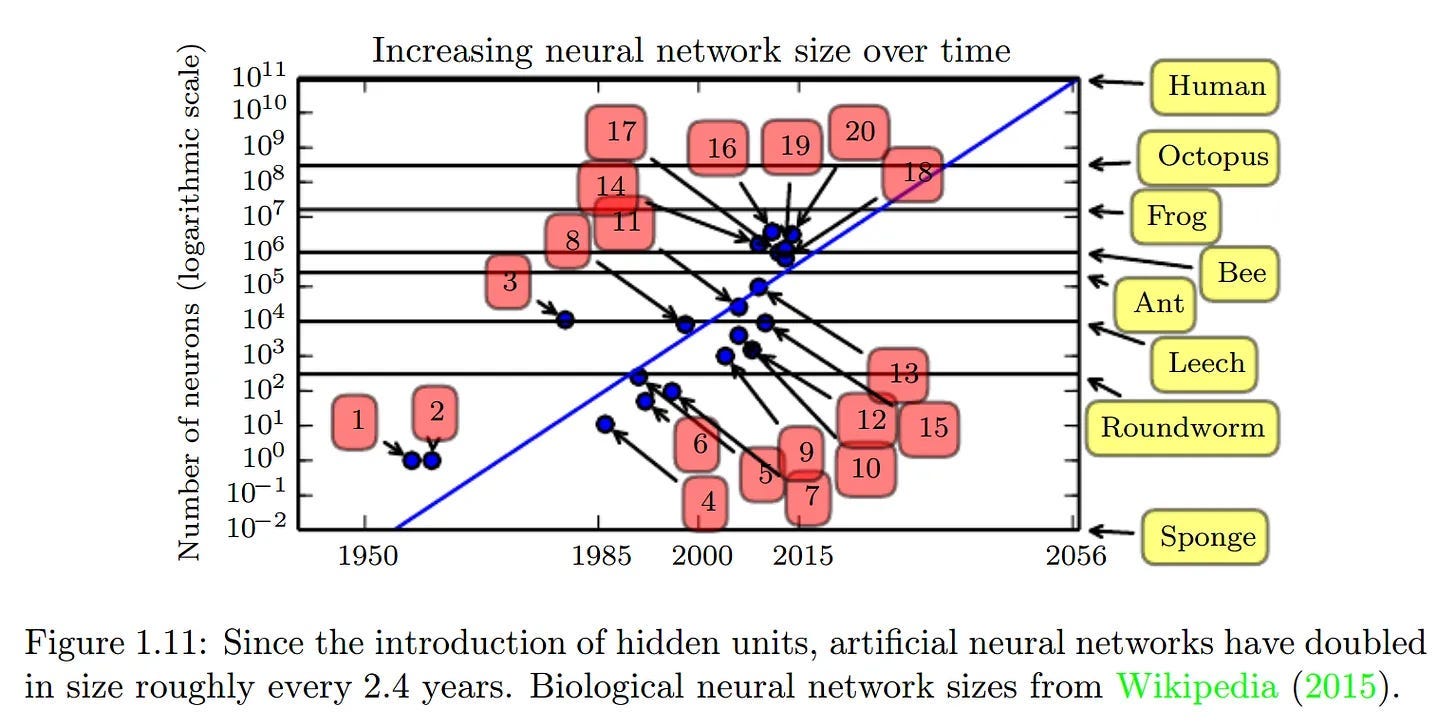If competition is for losers, repetition is for computers.
In a likely and often over-structured world, what makes us human is our ability to break structure and create meaning from chaos. We saw computers that could classify digits, pictures of dogs, play chess, and understand language as well as humans. However, humans will maintain a decisive edge over computers in our ability to navigate indeterminate, ambiguous, and complex problems.
Computers are able to map increasing complexity and nuance. They do this through vast amounts of data in determinate, narrow domains. As complexity, breadth, and ambiguity increase, and when data is sparse, computers don’t generalize well. In environments like this, humans will maintain a competitive advantage.
What distinguishes humans is largely our ability to navigate chaos and:
Identify, break, and reorient arbitrary structures
Choose our own optimization function and “why”
Navigate complexity with limited data
So, to maximize our human ability, we should put ourselves in complex environments, where there is ambiguity and little data, and follow our own internal belief systems. In simpler terms, humans stand above machines in our ability to think for ourselves.
Example
Prison reform policy: Very high complexity (multiple interdependencies, incomplete data), low data certainty about long-term outcomes → prime for human insight.
Identifying spam emails: Low complexity, high data availability → machine learning excels.
Formalized Logic
Politzki’s Law states that when problems become more complex and have less available data, humans gain an advantage over machines. In domains with high complexity and limited data, human creativity and intuition outperform computational approaches. Consider three variables that shape whether a problem is best suited for human or machine problem-solvers:
C (Complexity): The dimensionality, ambiguity, and openness of the problem space.
D (Data Availability): The amount of reliable, relevant information available.
G (Generalization Factor): The ability to apply insights and solutions across domains. G is not an independent variable but a function of how well the problem solver—human or machine—can handle differences in C and D.
Where complexity (C) is high and data (D) is low, humans dominate. Our capacity for holistic thinking, pattern recognition in foggy, unclear environments, and reimagining constraints gives us an edge. On the other hand, when data is abundant and complexity is more manageable, machines can optimize solutions at scale.
Thresholds (C*, D*) mark a tipping point:
If C > C* and D < D*, humans outperform machines because the problem demands creativity, lateral thinking, and flexible generalization that computers lack.
If C < C* and D > D*, machines can surpass humans by efficiently leveraging large datasets and established patterns.
Practical Implications:
To leverage your uniquely human strengths, seek out domains of high complexity and limited data. Focus on challenges that defy easy pattern-matching, where human insight and adaptability are essential.
Human Focus Optimization Theory
Human focus is the most misallocated resource on earth.
If we hold Politzki’s Law to be true, then it matters that people are working on complex ambiguous problems to maximize leverage of the population. However, that isn’t always the case. Many people are working in process-oriented roles, factory lines, or in repetitive environments that don’t create novel, useful things that move the needle for the next generation.
The question we can ask ourself is what would not get done “but for” you. What important problem is no one working on. What do you understand and believe and are uniquely interested in. Much of this necessitates self-understanding, which I hope to be able to help others achieve through our first portfolio company.
Many humans are spending their time on low leverage activities that are either likely or over-structured.
We may even be able to come to some agreement on what the most complex problems are that have the least amount of data, however, it also matters that people are solving different novel and unlikely problems and focusing in different directions.
Humans should run away from competition and repetition in order to provide the maximum utility to the world. This requires self-understanding, thinking critically for oneself, and maximizing the impact of your human instincts.



